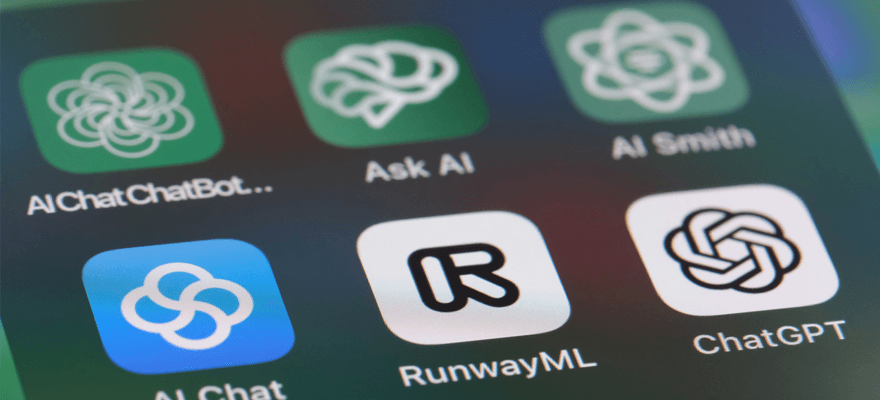AI and HR: A lesson from Suzanne Lucas on how to take advantage without landing in hot water
You can use AI to write HR contracts, letters, documents and more… But exercise caution! The Evil HR Lady gives advice on how HR can should best use AI.

If the name Suzanne Lucas doesn’t ring a bell, then I’ll forgive you – in the HR circle, she’s more affectionately known as “The Evil HR Lady”, a persona many budding HR practitioners have enjoyed following since 2008.
And it’s safe to say that she’s a great persona for modern HR professionals to follow – after all, Suzanne’s wisdom and experience with HR date right back to the 90’s. Meaning she’s seen HR evolve through the dot com boom, the dawn of the iPhone, the advent of browser-based HR software (SaaS), the COVID-19 pandemic and, now, in 2023, the sudden rise and influence of AI (Artificial Intelligence).
I was delighted to see that she has done what she’s always been so good at – and dived right into understanding the impact of this new phenomenon, on the world of HR. And considering how Suzanne is now actually running an online course helping HR professionals to wrangle AI tools like ChatGPT more effectively, I decided to ask her a few questions and get a bit of advice.
AI is like a high school senior – it thinks it knows everything
Suzanne’s first description of AI in the world of HR made me laugh. Not surprising, considering Suzanne also specialises in improv comedy.
“ChatGPT AI is like a high school senior. It’s convinced it knows everything and will make stuff up rather than admit it doesn’t know something. So you need to double check everything.”
Suzanne explained that AI tools like ChatGPT have such confidence that if you’re not an expert, you might believe everything it says… So, while AI can certainly be helpful for HR, your starting point should be to not blindly believe everything a friendly chat bot tells you!
AI is a highly-organised game-changer for HR
With this disclaimer out of the way, Suzanne admits that AI can be an incredible tool for HR professionals.
“ChatGPT can help you get started on projects, but you need to always remember that everything it produces is a rough draft” she says. “And for time-pressed HR practitioners who simply don’t have enough hours in the day to prepare these things, that can be huge.”
But she’s quick to remind me that no matter how good AI is at churning out templates, letters, contracts and policies, it is not a replacement for the seasoned professional who has seen the ins and outs of countless HR scenarios – and who actually understands the real purpose, and legal implications, of the documents they’re trying to create.
A starting point; not a decision-maker
As such, HR should embrace the benefits of AI in assisting them with their workload. But it should see AI as a starting point, and not a decision maker. It should be used as a tool to draft, and not to finalise, a project.
“One of the stories I use in my online classes is that of the lawyer who tried to use ChatGPT to write a brief”, she says. “ChatGPT invented a case and the lawyers didn’t notice. The judge did, and fined them $5000.”
In other words, it’s on you, the HR professional who actually understands your industry, to take the ideas and drafts that AI can deliver and then sculpt them into something solid and reliable.
Will we see an increase in HR software with AI components?
My conversation with Suzanne got me thinking about what HR professionals can expect in the years to come. And something that I expect to see a lot of, is companies attempting to integrate AI tools with their HR software.
“Ami” is one such example of this, with SenseHR using GPT-4 technology to help HR professionals more easily sift through their databases to find answers to questions such as “who had most time off sick last month” and “what does the gender breakdown of my workforce look like”.
The conversational nature of GPT-4 technology makes it easier for HR professionals to search for answers in their database in a more natural and human-like way, rather than wrestling with Boolean search strings and complex query builders.
You can learn more about Ami and the work being done by SenseHR here. But remember to always use AI with HR responsibly – and take on the lessons taught by Suzanne Lucas seriously; after all, you don’t want to land in hot water by taking legal advice from a high school senior, do you?
